What if an athlete you’re coaching says: “Hey, Coach, I feel like I am getting stale with this training routine, can we mix it up a bit?” As you are a well-organized coach with a scientifically proven program, you know that even small changes will alter the physiological makeup of the program. But if you knew that making a small adjustment could improve your athlete’s mental state (and assuming this is as important as their physical preparation) then you’d make the adjustment, right? Even if this meant that you were the one who had to adjust the most. You would be willing to adapt your behavior a little bit.
What if another athlete said: “You know, it looks like you made a mistake in these lap times as my watch says 3 seconds quicker.” You know that you’ve written down every time on paper and checked them against other training figures. Would you immediately start arguing that your lap times are right? Or would you sit down and review them with your athlete? You would be more open to correction if it was important enough to you, wouldn’t you?
In this article we discuss why your ability to be adaptable is critical to expert coaching. In fact it is one of the 8 Elements in our article on 8 Elements of Expertise: What Expert Coaches Do.
Adaptability: Flexibility + Versatility
Being an Athlete Centered Coach is about coaching with the needs of the athlete foremost in your priorities. It requires that coaches are willing and able to choose a coaching style that is most suitable for their athlete’s needs. Being willing and able to adapt your behavior increases your ability to communicate and build relationships with other people. The concept of adaptability, as developed by Dr. Michael O’Connor, co-author with Tony Alessandra, of The Platinum Rule, is a two-part process.
Adaptability combines flexibility with versatility. Flexibility is your willingness to adapt. It’s your attitude. Versatility is your ability to adapt. It’s your aptitude.
Referring to our earlier examples, in the first instance you may be able to provide an alternative set of training drills, but you might not be willing to do it. You are not flexible in this instance. Or you may be willing to sit down with another person to review the training times you recorded, but you may not be able to do it with an open mind because you don’t want your athlete to discover that you made an error. In this case, you lack versatility, which also limits your adaptability.
Coaches with adaptability in sport are both flexible and versatile. Of course, our level of adaptability can be stronger in some situations than others. For example, many coaches tend to be more adaptable with athletes that they know less and are newly joining their squad or team. This is because the coach is usually focused on building rapport with the athlete and is also very focused on trying to work out the most effective way to coach them. As well, many coaches are less adaptable with athletes that have been on their team for some time and have become very familiar with.
Adaptability in sport is also compromised when coaches are in a competition environment versus a training environment. As the level of perceived stress increases, thinking times are reduced and instinctual reactions increase. In addition, and what is very interesting is, research shows people view themselves as more flexible and versatile than they actually are. That’s because we all aspire to those behaviors and we know that being flexible and adaptable are qualities of exceptional coaches. Most people judge themselves on how they intend to act as well as on how they do act. But unfortunately, our actions don’t always match our intentions. Another reason for the gap between coaches ideal versus our actual level of adaptability is that it’s not easy.
In this article we will explore the ten positive characteristics for adaptability in sport which cover 5 attributes of flexibility and 5 of versatility. We will also mention the negative traits which undermine your adaptability, once again with 5 attributes of flexibility and 5 of versatility. We’ll start with flexibility.
5 Attributes of High Flexibility
High flexibility is characterized by these five attributes:
- Confidence: The first attribute, confidence means that you believe in yourself, you trust your own judgment and resourcefulness.
- Tolerance: The second high flexibility attribute is tolerance. That means you’re open to accepting opinions and practices that are different from your own. We can easily think of coaches who are intolerant of others because of different training and competition philosophies and beliefs. These intolerant coaches may attract like-minded athletes but they will not suit the needs of most teams or squads who have healthy diversity of athletes.
- Empathy: The root of the word empathy is pathos, which means “feeling” in Greek. Empathy is a term for deep feeling. It means, “I feel what you feel. I can put myself in your shoes.” Empathy results in feeling the pain of a hard loss, or the joy of victory of the athlete. It comes from the heart. Another word with the same root, Sympathy, means merely acknowledging someone else’s feelings. It results in kindness and pity, and it comes from the head.
- Positivity: The fourth high flexibility attribute is positivity. The late Dr. Norman Vincent Peale’s book, The Power of Positive Thinking, has sold well for over forty years because it contains such a universal truth. A positive attitude leads to positive events in your life.
- Respect for others (including your athletes). The final high flexibility characteristic is respect for your athletes. This is the sincere desire to understand and consider your athlete’s choices, commitments and needs in relation to yours. Athlete Centered Coaching is about meeting the needs of your athlete despite your own personal preferences.
5 Attributes of Negative Flexibility
On the other side of the adaptability coin are the negative traits that undermine a coach’s adaptability. If you recognize any of these in yourself, try to improve your adaptability by eliminating this negative tendency from your coaching style and behavior.
Negative flexibility is characterized by:
- Rigidity: “It’s my way or the highway”
- Competition with your peers and athletes: “My coaching methodology is better than yours or my athletes are better than yours.”
- Discontent: “No, I don’t like it this way. Why can’t we…”
- Unapproachable: “Don’t bother me unless it’s worth my time and you agree with me”
- Difficulty with Ambiguity: “Let’s nail this down right now”
5 Attributes of High Versatility
High versatility is characterized by these traits:
- Resilience: Resilience means knowing how to overcome setbacks, barriers and limited resources. Mainly, it has to do with your emotional strength. If you keep on going until you succeed, that’s resilience. Our recent article on 6 ways to improve an Athlete’s Resiliency covers this topic in greater depth.
- Vision: This is the second high versatility trait. I think it’s easy to see why coaches who have the power to imagine, be creative, and suggest alternatives are going to be more influential than coaches who don’t have this ability.
- Attentiveness: Attentiveness means being aware of elements in the environment. This is an absolutely critical skill for every coach – the ability to notice what is going on with your athletes. It can be as simple as noticing when your athletes are getting bored or sensing that now is not the right time to suggest a technical change. It’s knowing when to act and when not to act. It means paying attention to more than your own needs. Once again, it is about being Athlete Centered.
- Competence: The fourth high versatility trait is competence. Competent coaches have a desire to be expert in their sport and in the field of coaching. To a large degree, developing expertise is an attitude. No coach can know everything. Coaching is too multi-faceted. What is important is to know where to obtain information, whether that be bio-mechanical, medical or physiological. Great coaches find the answers. Again our article on “Coaching Expertise: What Expert Coaches do” is valuable for more information on this attribute.
- Self-correction: This means that you ask for feedback from your athletes on your performance relative to their needs. In the business world, if you held a similar position where you were leading a group of people, you would be expected to have at least one 360 review of your performance carried out every year. I cannot think of many coaches who initiate this review in their domain. Only with feedback can non-productive patterns in your behavior be rectified.
5 Attributes of Negative Versatility
Negative versatility is characterized by:
- Subjectiveness: “This is the way it looks to me.”
- Bluntness: “That idea will not work!”
- Resistance: “We are not going to change, this is the way we’ve always done it.”
- Single-mindedness: “It’s my goal and the athlete’s goals do not matter.”
- Unreasonable Risk-taking: “Who knows what will happen. I am the coach and it’s my choice.”
Continue to Develop Your Coaching Adaptability in Sport
Developing your coaching adaptability allows you to understand how different types of athlete would like to be coached. It means adjusting your coaching style to be more in line with your athlete’s preferences. The effectively adaptable coach meets the athlete’s needs and their own. If you need help with this, please contact Athlete Assessments for assistance. This is what we do.
More information on how to improve your coaching so your athletes can reach their potential is available in our articles on:
- 8 Elements of Expertise: What Expert Coaches Do
- Athlete Centered Coaching
- Understanding the Coaching Styles
- Success of Coach Athlete Relationships
At Athlete Assessments, we’re here to provide you with excellence in service and to help you be your best. If there is anything we can assist you with, please Contact Us.
Recommended Articles
An earlier video covered how long adaptions can be made successful and in this this video Bo Hanson shares key strategies for maintaining an adaptation in your DISC style during the heightened pressure of sports competition. We can often managing the necessary shifts in behavior required under regular situations, but how do we successful maintain poise under stress and pressure? Find out here some strategies for maintaining DISC adaptations under stress or pressure here.
In this video clip, Bo Hanson discusses the difference between coaches having their natural coaching styles and their adaptive coaching styles. He covers how coaches can utilize sport coach adaptability and adapt their behaviors to coach to the needs of the individual athletes, based on their DISC Style.
By Bo Hanson - 4x Olympian, Coaching Consultant & Director of Athlete AssessmentsOne of the hallmarks of successful athletes, teams and coaches, is their ability to make effective decisions across a range of challenging environments. These…
In recent years, more attention has focused on the impact of the coach-athlete relationship on an athlete’s performance. Research from the 2008 Canadian Olympic Study showed that coach-athlete relationships significantly impact athlete performance.
Defining a Sport Coaching Philosophy is as critical for sports Coaches as it is for business and industry leaders to define their leadership philosophy. It is key for successful coaching.


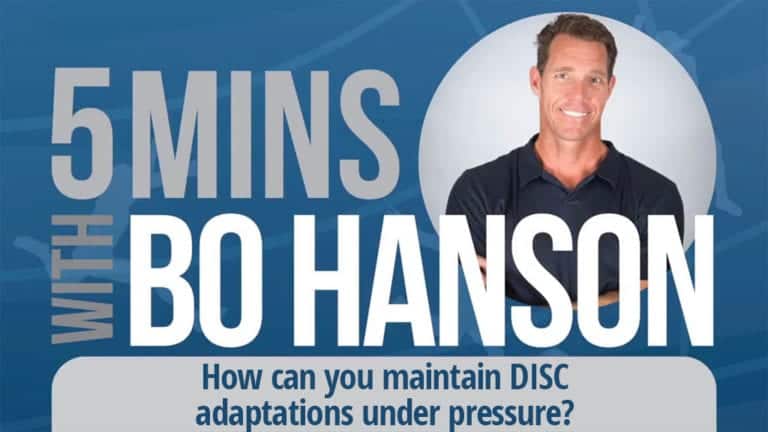
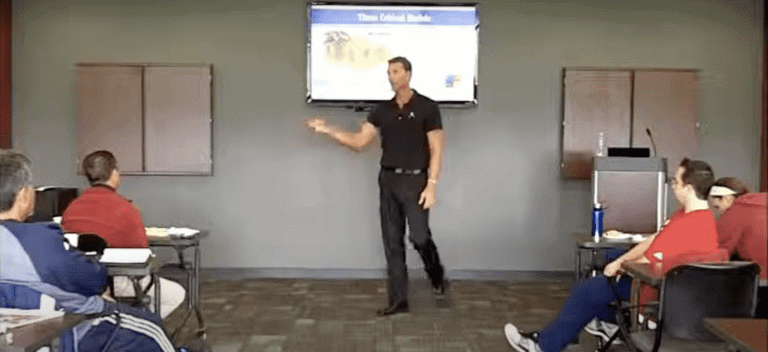
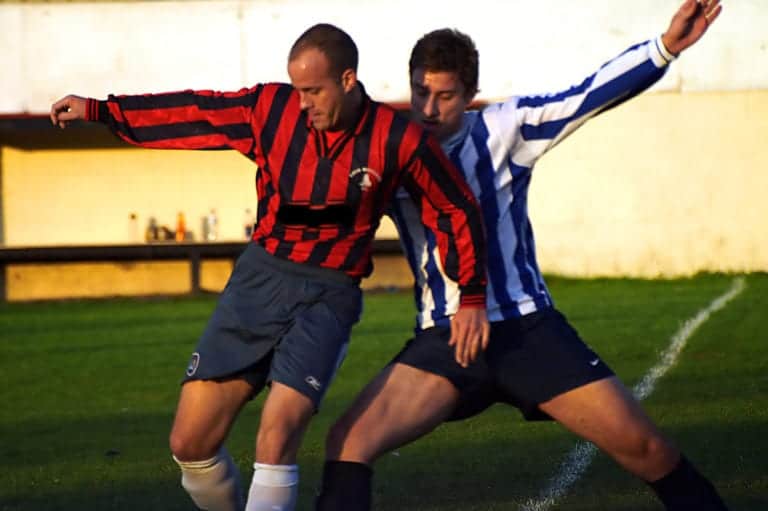
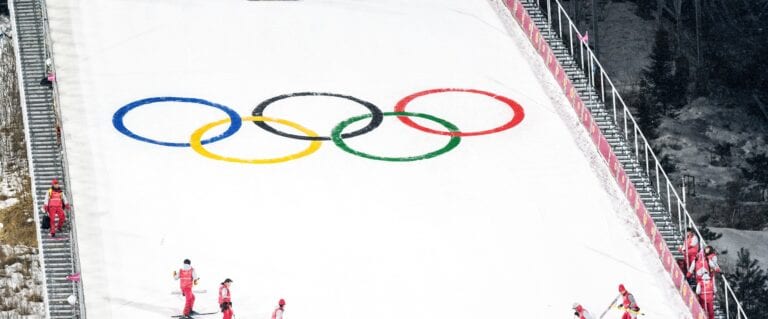
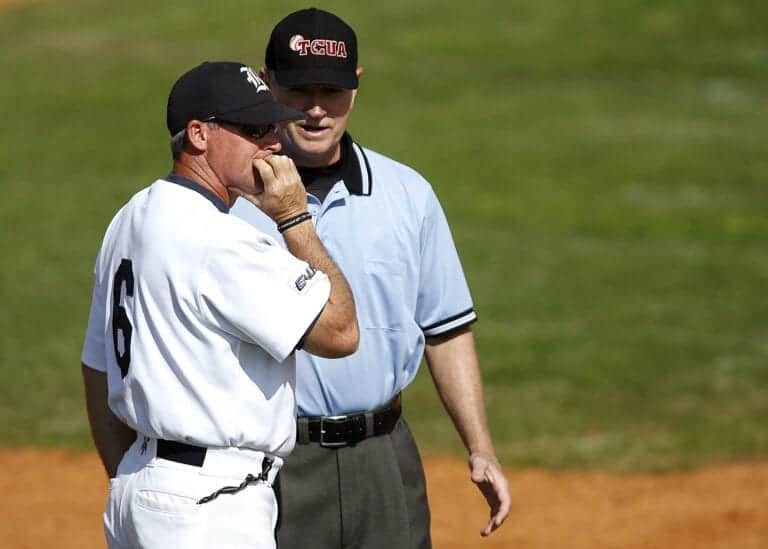
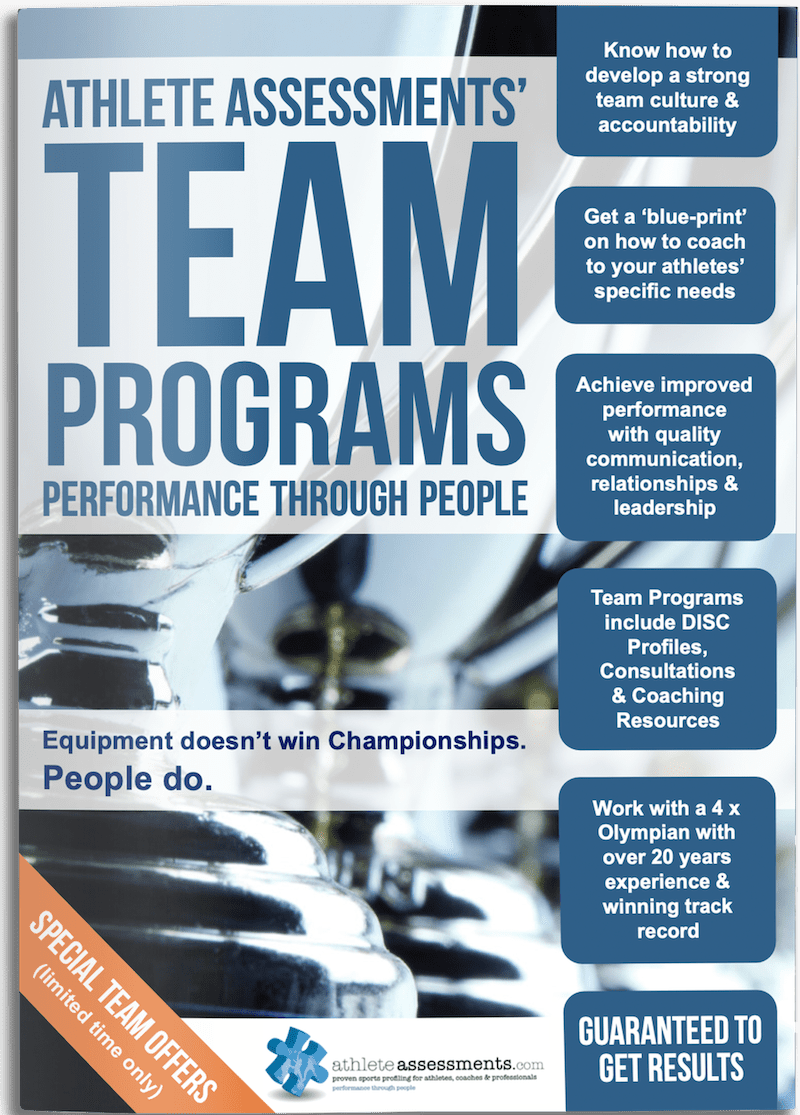




1 thought on “Do You Have Adaptability in Sport?”
Pingback: Benefits of playing soccer in children and adolescents – Sportsactivitiesforteenagers